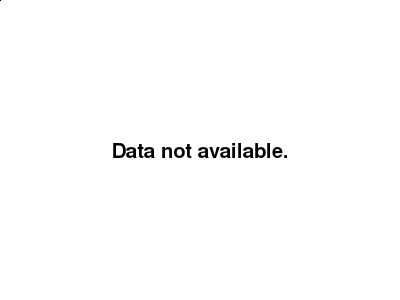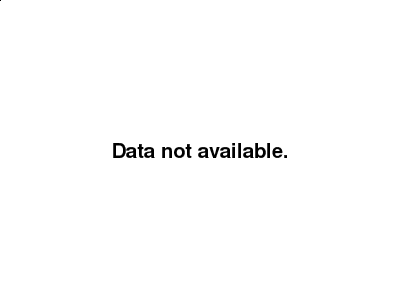The early success of an oil-supply accord between OPEC and Russia in reviving crude prices is magnifying the potential risks should producers meeting this weekend fail to complete their deal.
Brent crude futures, which sank to a 12-year low in January, have climbed about 30 percent since Saudi Arabia, Russia, Qatar and Venezuela reached a preliminary agreement to freeze output on Feb. 16. While Russia’s energy minister says he’s “optimistic” the accord will be finalized in Doha on April 17, Goldman Sachs Group Inc. warned that the weight of expectation poses a “bearish catalyst’ if the talks fail.
“They’ve built this thing up for so long, if they just end up shouting at each other and walking out of the room, the negative impact for pricing is pretty severe,” said Seth Kleinman, head of European energy research at Citigroup Inc. in London. “And they’re probably well aware of that.”
Tensions have been visible throughout the negotiations. While news agency Interfax reported on Tuesday that Saudi Arabia would decide on freezing regardless of Iran’s actions, the kingdom has publicly insisted its participation hinges on its Persian rival, which has ruled out capping supply. Iraq has ramped up output to record levels, and Kuwait announced similar plans. As rising prices help OPEC’s rivals stay in business, the rationale for the accord is fraying, Goldman Sachs says.

Oil Prices
“Why would they reverse course after 18 months of the current environment? We’re starting to finally see the fruits of that” in terms of reduced output, Jeff Currie, head of commodities research at Goldman Sachs, said in a Bloomberg Television interview. There’s a “high risk that the meeting fails to deliver any concrete agreement,” he said in a report.
The Kremlin believes there’s “hope” of concluding the pact without Iran, press secretary Dmitry Peskov said. Energy Minister Alexander Novak spoke to Saudi Oil Minister Ali al-Naimi by phone on Tuesday to discuss the prospects for a production freeze, a person with direct knowledge of the matter said. Novak said earlier on Tuesday he was “optimistic” about reaching consensus.
The likely outcome on April 17 will be “a soft agreement which would not really do anything to fundamentals,” Currie said. Anything stronger is “not in anybody’s interest right now.”
At least 15 countries — including most members of the Organization of Petroleum Exporting Countries, as well as non-members such as Oman and Azerbaijan — have agreed to meet in the Qatari capital on the weekend. While OPEC states that had pushed for production cuts instead of a freeze, such as Venezuela and Algeria, have softened those calls, it’s only served to highlight discord on the group’s Saudi-led policy to let market forces bring supply and demand into balance.
Saudi Arabia is only prepared to abide by a freeze “if all countries agree,” Deputy Crown Prince Mohammed bin Salman said in an interview with Bloomberg published on April 1. On the other hand, if other countries raise their output, the kingdom will boost its own sales, he said. Iran, which had sanctions on its crude exports lifted in January, has repeatedly made clear its intention to revive production.
Iranian Oil Minister Bijan Zamdar Zanganeh hasn’t decided yet whether he will attend the Doha meeting, Akbar Nematollahi, director general of public relations at the nation’s oil ministry, said on Wednesday.
Brent futures traded near $44 a barrel in London on Wednesday. Prices could tumble to $33 or even $30 a barrel if the meeting on April 17 ends without an agreement, Saxo Bank A/S predicts.

Content is for general information purposes only. It is not investment advice or a solution to buy or sell securities. Opinions are the authors; not necessarily that of OANDA Business Information & Services, Inc. or any of its affiliates, subsidiaries, officers or directors. If you would like to reproduce or redistribute any of the content found on MarketPulse, an award winning forex, commodities and global indices analysis and news site service produced by OANDA Business Information & Services, Inc., please access the RSS feed or contact us at info@marketpulse.com. Visit https://www.marketpulse.com/ to find out more about the beat of the global markets. © 2023 OANDA Business Information & Services Inc.



